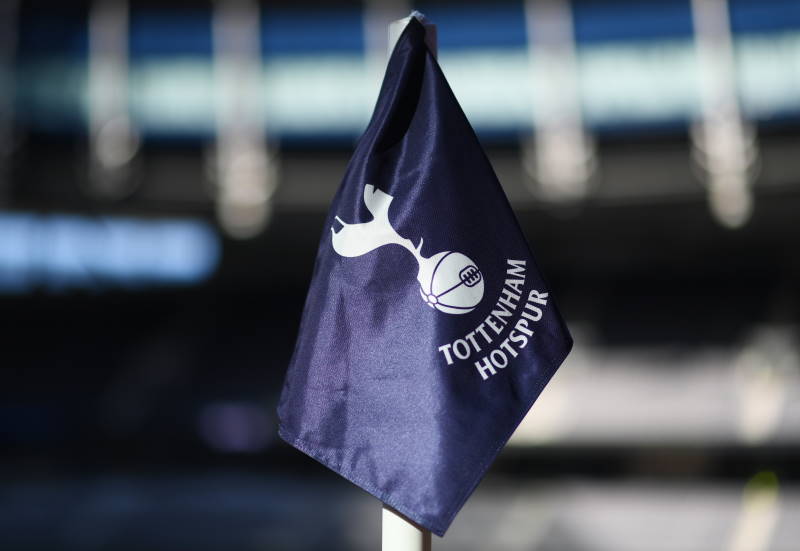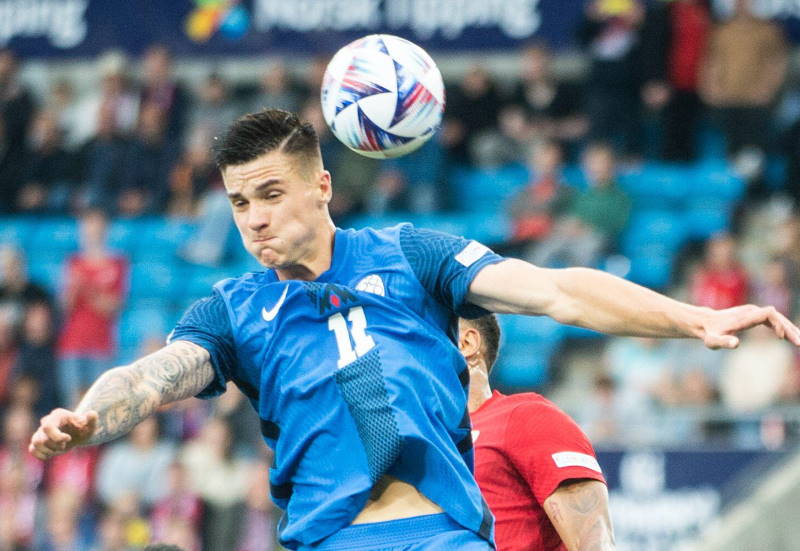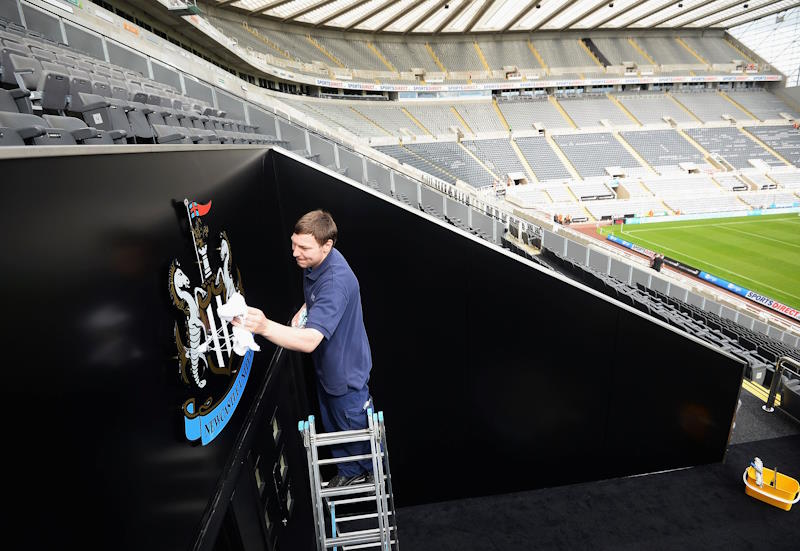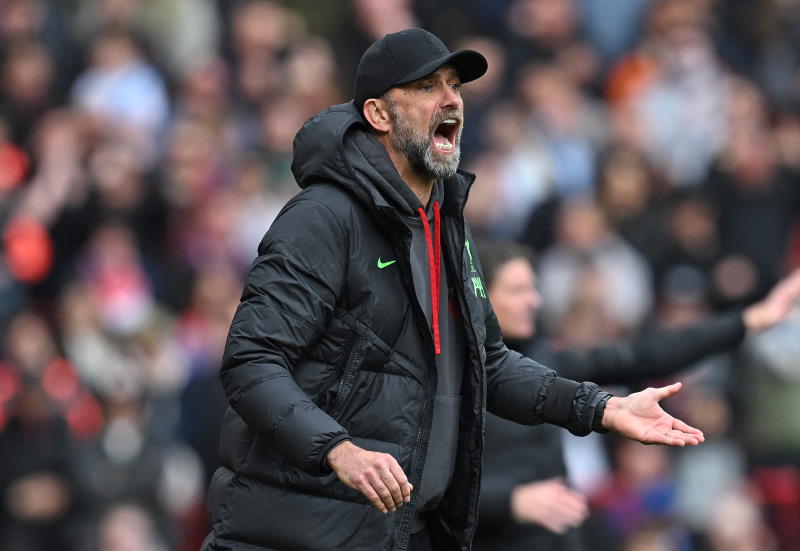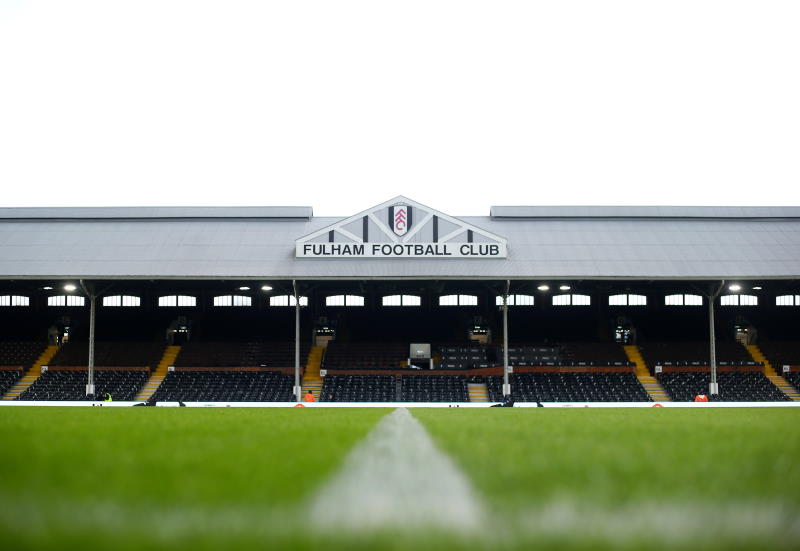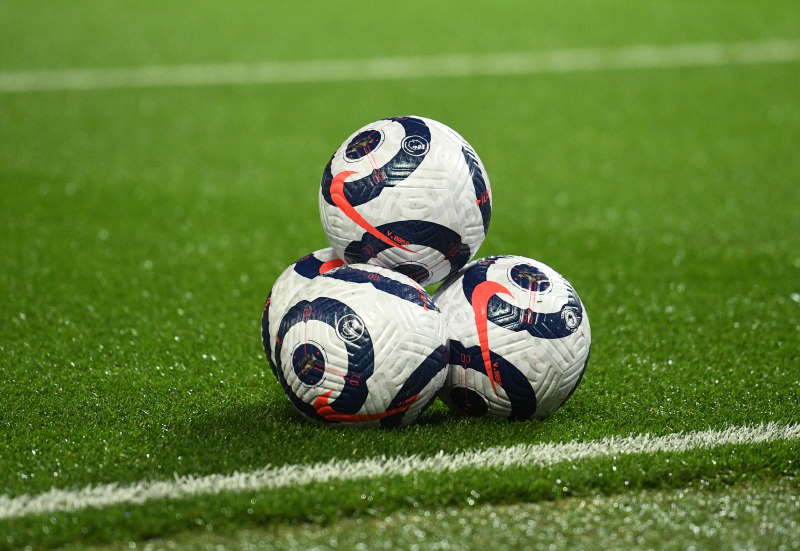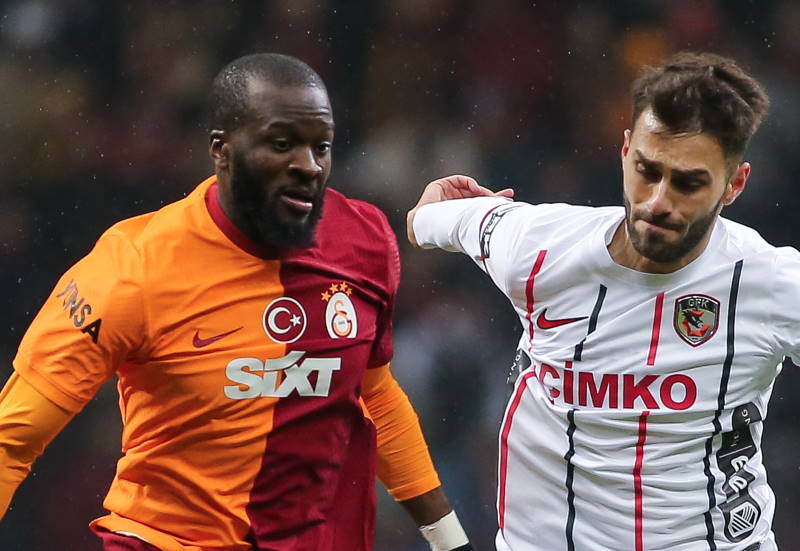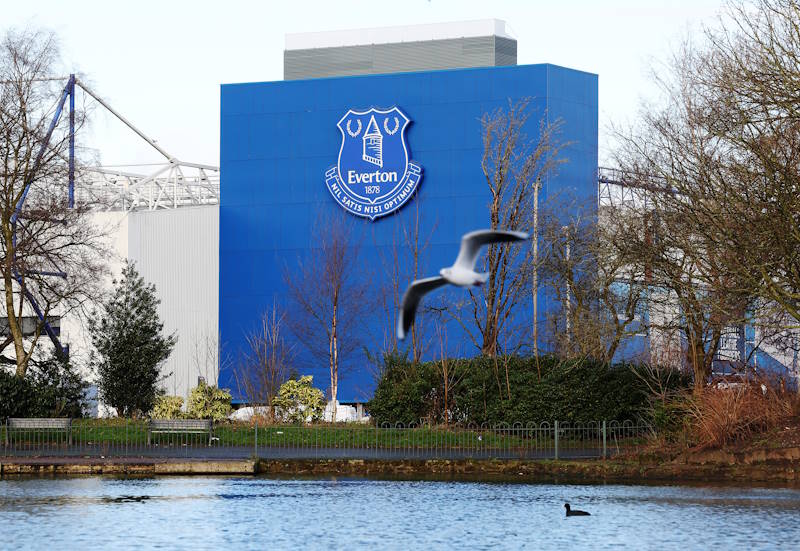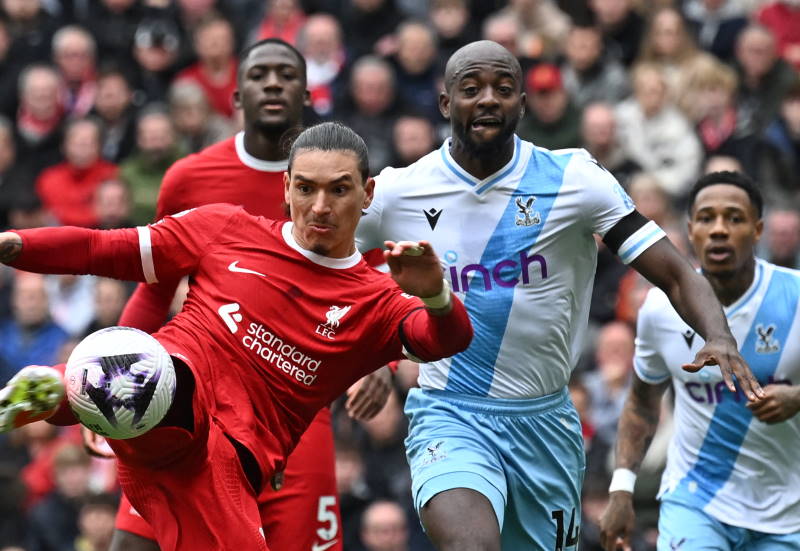
At London 2012, a new name was inscribed onto the list of winners of Olympic men’s football gold. Most expected it to be Brazil. Instead it was Mexico.
The tournament threw up plenty of surprises, with Uruguay and Spain being knocked out in the group phase and Luis Fernando Tena’s team overcoming a star studded Brazil in the final. But this result should not rank too high on the list of the world’s greatest shocks.
For one thing, Mexico did beat Brazil 2-0 during the build-up to the 2012 Olympic Games, which should have served as an indication of their abilities, even if that was just one match.
Mexico looked like a team who had played together for years. They were hugely helped by the fact that senior coach Jose Manuel de la Torre allowed Tena to last year take the Under-23 team to the 2011 Copa America, which the Mexicans were invited to compete in just weeks after clinching the Gold Cup.
Tena’s men were discounted behind favourites Brazil, Spain and Uruguay, but the tournament was a reminder of the inherent unpredictability of football, particularly cup competitions. They were written off as their squad did not contain the big names of the favoured trio, but ultimately, Mexico overcame that handicap with intelligence, skill and most crucially, a winner’s instinct absent in their rivals.
Most of this squad have already experienced victory at three international tournaments in the last year. In 2011, the likes of Nestor Araujo, Diego Reyes, Oribe Peralta and Javier Aquino beat Argentina to gold at the Pan-American Games on home soil in Guadalajara. Then, earlier this year, Mexico cruised through the North American qualification tournament for these Olympic Games in style, brushing aside their regional rivals.
Next, just months ago, the Mexicans claimed a title which few noticed, but which was particularly significant. The Toulon tournament receives little attention, but it is where youngsters like Thierry Henry, Javier Mascherano and Manuel Rui Costa first made their mark on the world game. This year, Hector Herrera was the best player as Mexico surged to victory, beating the Netherlands on their way to the final against Turkey, which they won 3-0. Marco Fabian has been another key figure, scoring for fun in both of Mexico’s tournament wins prior to the Olympics and finishing as the top scorer in each too.
Fabian has been a star of these Games, his technique and running allied to an uncanny maturity and intelligence for one so young. The Guadalajara man will surely be attracting the attention of European scouts after his exploits – he is after all a midfielder and not even a forward. Aquino has been similarly impressive, Peralta’s lethal finishing crucial, and Giovani dos Santos continued to show form on the international stage that belie his club performances.
Not only have this team now won three titles this year, but Mexico are also the holders of the Gold Cup, which they won last year without drawing or losing a single match. In 2011, the Mexicans also won the Under-17 World Cup. While the country hosted the tournament, given how many major tournament hosts, from Argentina to South Africa, have floundered on home soil recently, that should not detract much from the achievement. What these victories – in all six international tournaments of varying significance and renown – show is that the Mexicans have developed the most useful habit of all: Winning.
And what is perhaps most interesting about those last two tournaments is that few players who won either the Under-17 World Cup or the Gold Cup were in London this summer. Six times Gold Cup winners Mexico may be, but this Olympic gold marks a new and unprecedented high in the football history of the Central Americans. What will excite many is not just players like Herrera, Fabian and Peralta, but the rich talent that was not on show at the Games. Javier Hernandez, Carlos Vela, Jonathan dos Santos, Guillermo Ochoa, Andres Guardado. Even Erick Torres, one of the up and coming golden boys of Mexican football, was absent from the Olympic Games.
It adds up to an exciting future for this team. What was particularly striking about Mexico’s win against Brazil in the 2012 Olympic final was not just the final score or even their technical skill and flair. It was the maturity and decision making. This tournament has shown up the hugely talented Brazil and Spain squads as inexperienced when behind, not knowing how to claw their way back into a game getting away from them. In Brazil’s case, they have also contrived to almost throw away their opening game against Egypt and stumbled to victory over a nine-man Honduras. Spain, whose senior teams have dominated so convincingly on the international scene, were simply unable to find an answer to going behind in their group.
Tena’s side did not play like one restricted to fielding a maximum of three players over the age of 23. Part of this was that he selected his over-age players perhaps better than his rivals. Goalkeeper Jose de Jesus Corona played with maturity and calm in the final, whilst the 28-year-old Peralta was a cool head when finishing off the chances that came Mexico’s way. And defender Carlos Salcido’s know-how always seemed a calming influence in a team who played with an assurance none of their rivals could match. Conversely, Brazil’s decision making, epitomised by Rafael da Silva’s ludicrous back heel in the dying minutes of the final, when under pressure in his own half, was poor throughout. And with a combination of that know-how and supreme skill, unlike Brazil or Spain, Mexico were able to fight back when behind, such as against Japan and when they lost a 2-0 lead to Senegal and everything seemed to be going against them.
Mexico were also then capable of keeping the ball and frustrating their opponents when in front. Against Senegal, Japan and Brazil, Tena’s men were able to take advantage of an opponent pressing for an equaliser to stretch their advantage. The Senegal game was perhaps the most instructive of all. Against a physical side who had unsettled Great Britain and Uruguay, Mexico controlled the game and showed composure. And three of their four goals came from ruthlessly punishing Senegalese mistakes. The sign of a top team is that they can cope with both being behind and ahead, and take advantage of their opponent’s lapses – and with losing a key player, such as Dos Santos on the eve of a crucial final.
The 2012 Olympic football tournament is a half-way house between World Cups, a semi-youth tournament, but Mexico have shown that they are ahead of their peers. Perhaps not in quality, but certainly mentally and in terms of knowing how to cope with tournament football. The Mexicans have developed a winner’s instinct despite their tender years and lack of European experience. That, combined with the wealth of European-based talent not available this summer and the prodigious youngsters coming through, will make the Central American powerhouses a very dangerous rival for anyone meeting them in the 2014 World Cup in Brazil.

